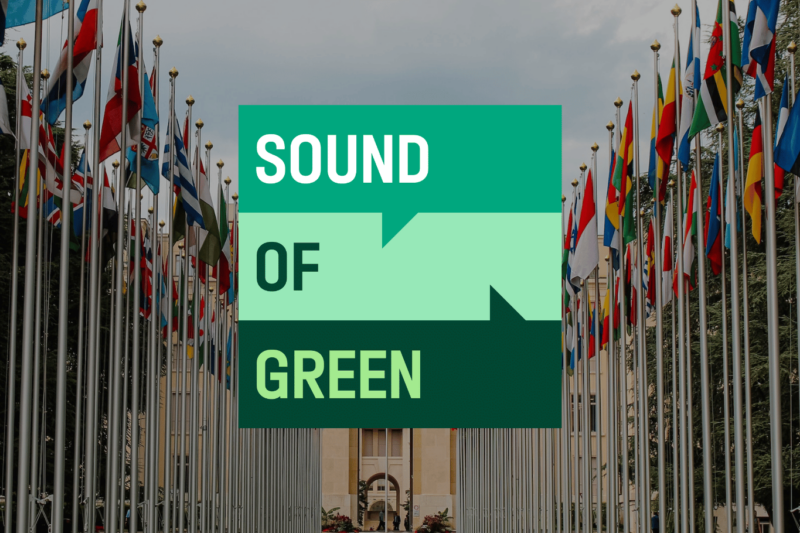The biggest companies lead the way – but Danish SMEs are following closely
The number of Danish companies, which have joined the SBTi has doubled compared to previous years, with 112 Danish companies now a part of the initiative. Denmark now has the second-highest number of SBTi-validated companies compared to other OECD countries, only being surpassed by Switzerland.
Especially the largest companies in Denmark are setting an example, with 19 out of 25 biggest companies from the OMX C25 index being a part of the initiative, and 12 of them with validated climate goals. Together, the C25 companies have set an ambitious goal of reducing their emissions by at least 167 million tons of CO2 towards 2030. This corresponds to four times Denmark’s total emissions in 2021.
Several Danish SMEs have also joined the initiative in recent years. The “fast-track”-scheme, making it possible for companies to quickly set climate targets for emissions associated with the use of energy, heat, and cooling, has paved the way for smaller Danish companies ready to contribute to the green transition.
Additionally, as many as 35 Danish companies have committed themselves through SBTi to go net-zero by 2050 at the latest. The SBTi’s Corporate Net-Zero Standard requires companies to reduce 90 % of total CO2 emissions, while a maximum of 10 % of emissions are allowed to be compensation/offsetting.

















